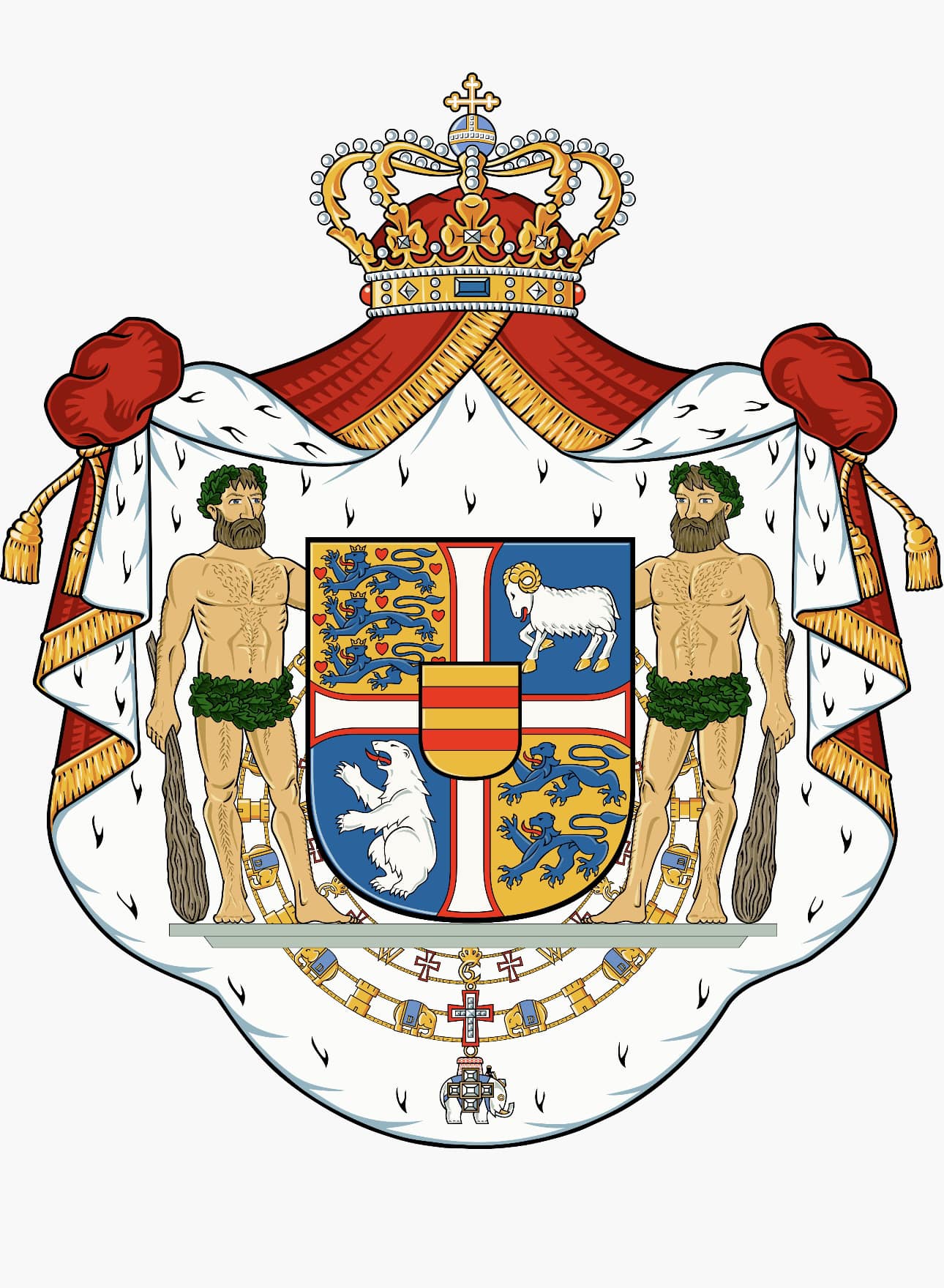While 19 US states and several western European countries including the Netherlands, France, Portugal and Spain allow medical marijuana, more than a decade has passed since Danish politicians have taken a serious look at the subject.
Danish law allows for two approved cannaboid-based drugs, Marinol and Sativex, but they are only allowed to be prescribed to multiple sclerosis sufferers and certain cancer patients. In a series of recent articles, Information newspaper has spoken with numerous Danes suffering from a variety of ailments, who either cannot get the two approved drugs, or find that they are not as effective as smoking or ingesting cannabis. Many of them have chosen to become reluctant criminals who purchase or grow cannabis illegally in order to self-medicate.
In response to Information's focus on medical marijuana, a number of politicians, from far-left party Enhedslisten (EL) to the far-right Dansk Folkeparti (DF), are now expressing openness to the idea of allowing medicinal cannabis use in Denmark.
"I don't see why it should be illegal if it helps people," DF's health spokesperson Liselotte Blixt told Information. "We also have morphine and heroin available by prescription, but it's as if we have some eternal fear that medicinal marijuana will lead to more available cannabis on the street. But that's just not the case."
Joachim Olsen, a spokesperson for the libertarian party Liberal Alliance (LA), told The Copenhagen Post that his party would vote in favour of any proposal to legalise medicinal marijuana in Denmark.
EL's health spokesperson, Stine Brix, was also open to a law change.
"When we are dealing with an illness in which there are no other known treatments and medicinal marijuana can help the patient, then the health authorities should be more open to the possibilities," Brix told Information.
Brix said she plans to ask the health minister, Astrid Krag (Socialistisk Folkeparti), just how well the nation's health authorities are keeping themselves updated on other countries' experiences with medical cannabis.
"I have a hard time imagining a situation in which the Danish health authorities wouldn't be interested in a successful cancer treatment, but it is as if the authorities automatically reject any talk whatsoever of medical cannabis rather than express a curiosity to explore what works," she said.
In December 2012, the Health Ministry decided that Danish patients who legally obtain medicinal cannabis in the Netherlands could bring home enough of the drug for 30 days of use.
"People can legally import Bedrocan [medicinal marijuana allowed by Dutch authorities] to Denmark as long as there is a medical purpose," Krag said at the time. "If one has a prescription from a Dutch doctor, that requirement is fulfilled."
But according to Information, there is no record of a Danish resident travelling to the Netherlands for Bedrocan, which begs the question of whether Denmark should institute its own system for administering medicinal marijuana.
Camilla Herson, a spokesperson for government coalition party Radikale, said that whether or not Danes can hypothetically obtain medical marijuana legally in the Netherlands or another country is not the issue.
"The critical discussion is about whether cannabis can be a better alternative for certain patients," Herson told Information, adding that the Danish health authorities should "listen to experts and patient groups and be willing to experiment".
Flemming Møller Mortensen of ruling government coalition party Socialdemokraterne acknowledged that there is "a reluctance to deal with the use of medical marijuana", but agreed that Denmark should look at the experiences of other countries and US states that have legalised the drug for medical use.
Mortensen's party cohort Frank Jensen, Copenhagen's mayor, continues to push for a three-year trial to legalise cannabis for recreational use, and the party plans to make cannabis legalisation an official campaign platform in November's local elections.
NOTE: This story was updated after New Hampshire became the 19th US state to legalise cannabis for medical use.















